
Working in IT is getting more stressful
Do you feel more stressed at work? If your job is in IT then the answer is probably yes, according to a new survey from security and email specialist GFI Software.
The study of over 200 IT administrators in the US finds that 78 percent of those surveyed experience workplace stress, while almost 82 percent of respondents are actively considering leaving their current IT job due to workplace stress and dissatisfaction with working conditions, up from 78.5 percent in 2014.

My definition of 'modern' computing
Late yesterday I posted my review of Chromebook Pixel LS, which Google released in early March. The write-up is purposely rah-rah to impose the importance of embracing contextual cloud computing and to shakeup preconceptions about Macs being the tools of the creative elite. I also call "dumb" developers who may receive free Pixels during Google I/O later this month only to then sell them online.
One reader comment, from SmallSherm caught my attention, for accusing me of calling him (or her) stupid and for insulting other readers. After writing my response, I wondered how few people would ever see the interaction, which I regard as being quite valuable. So in the interest of fostering further discussion, I present our two comments for your Tuesday thought train.

'You don't post pictures of us on Facebook -- I want a divorce!'
According to a new survey of 2,000 people in the UK, one in seven say they've contemplated divorce because of their partner's activity on social media.
Nearly a quarter also say they have at least one row a week with their partner because of social media use and 17 percent say they argue every day because of it.
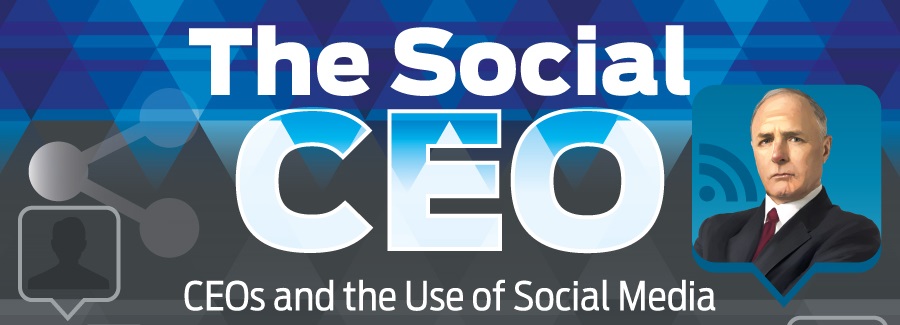
How CEOs are failing to exploit social media
Social media is a large part of many people's lives these days but it seems that people at the top of enterprises and large organizations are more reluctant to engage.
Management education advice site MBA Central has produced an infographic looking at how CEOs are lagging behind in their use of social media despite the benefits it can bring to their personal and professional reputation.
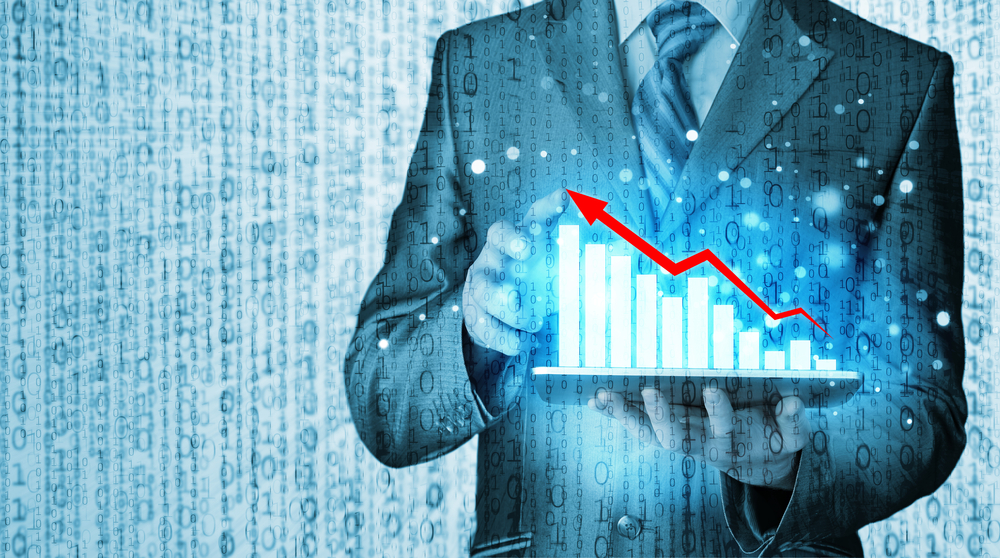
DevOps salaries rise as the skill set becomes more recognized
A new study by website security specialist Incapsula and community site DevOps.com shows that DevOps is rapidly becoming one of the hottest technology career paths.
DevOps -- a hybrid of development and operations -- is a recent field, recognizing that software development, quality assurance, and IT operations all depend on each other. It aims to help organizations rapidly produce software products and services and to improve operational performance.
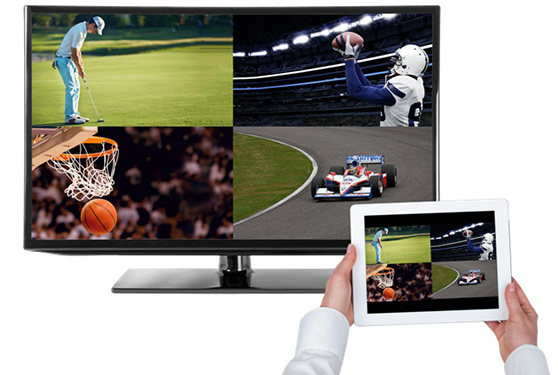
Four into one will go with new TV streaming device
We're all familiar with the dilemma of what to watch, what to record and what to seek out on a catch up service later. There's so much TV content available these days that tough decisions are needed.
It's especially hard for sports fans who may find themselves with several events going on at the same time. Trying to catch up with one or more of them later runs the risk of accidentally finding out the result in advance, so what's the solution?
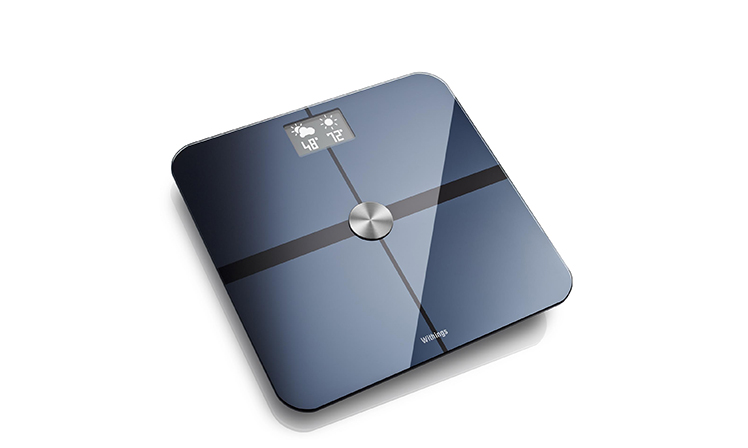
Withings' scales now tell you the weather and how active you are
If you’re the sort of person who regularly weighs yourself, the chances are you do so first thing in the morning, before you’ve loaded your body up with food and drink. Scales can tell you your weight, and sometimes your BMI and now, thanks to Withings, they’ll be able to provide you with other information to kickstart your day.
A new firmware update for the company’s Wireless Scale and Smart Body Analyzer devices shows the current weather conditions and temperature, as well as your step count from the previous day.
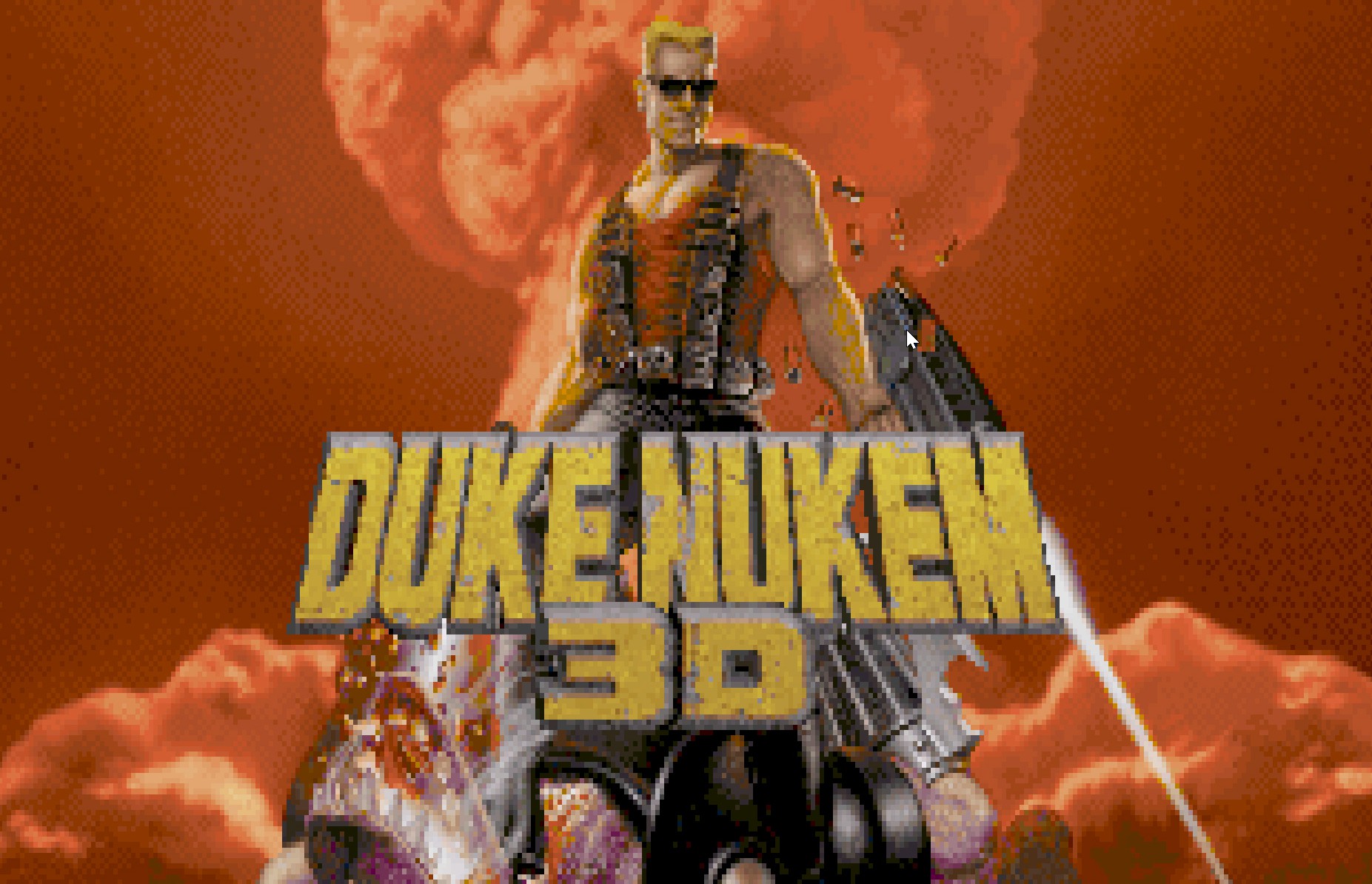
Could old video games eventually disappear altogether?
One of the many great things about the internet is it preserves the past. If you want to read about something that happened years ago, you can find that news story somewhere on the web. Photos posted over time are available online, and historical content is regularly digitized and made available to view.
If you want to revisit your youth and play old video games, the internet can help here too. You can find ROMs to play on emulators, browse 'abandonware' sites, and even play games directly on the web thanks to the likes the Internet Archive. However, companies that preserve old video games are often on shaky ground legally, with the Entertainment Software Association (the trade body that represents the major game publishers) firmly against the practice of restoring the functionality of old games -- making them playable on other systems, for example -- if they are no longer supported by the original publisher.
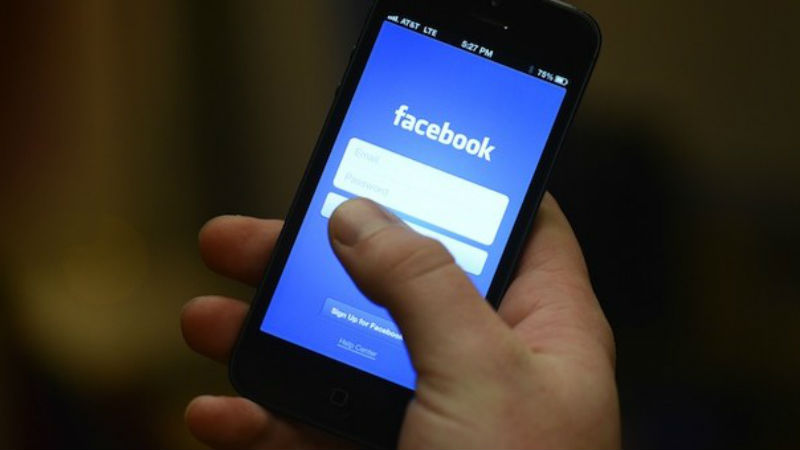
Facebook usage linked to depression
If you’re feeling a bit depressed lately, try logging off Facebook. No, seriously, get off Facebook.
According to a recent study, there is a link between people becoming depressed, and them scrolling through Facebook all day. It’s not the social media itself which causes depression though, it’s a bit more complicated than that.
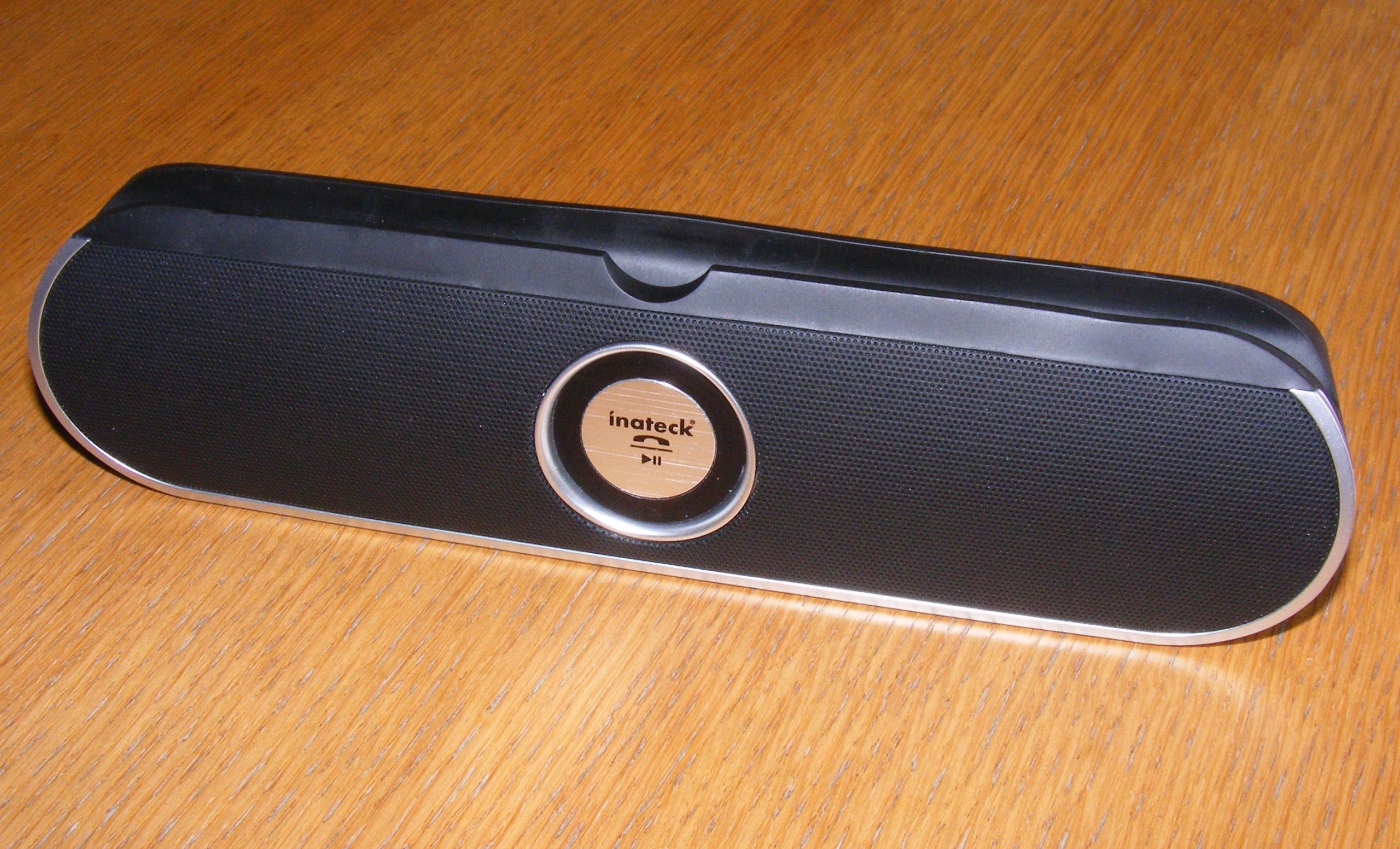
Inateck BP2001 Bluetooth stereo speaker [Review]
With smartphones and tablets increasingly becoming the focus of our entertainment a decent portable speaker is becoming an essential accessory if you don’t want to be tied to headphones or want to share your music with others.
Inatek's latest offering has a pair of 5W speakers mounted in a stylish, compact (around 9.5 inches long by 2.5 inches high) black and silver enclosure. It has a nice weighty feel and there's a slot in the top into which you can sit a smartphone or tablet -- a pop-out strut at the back prevents the unit from becoming top heavy and tipping over as well as keeping a comfortable viewing angle -- so you can use it to watch videos. A built-in microphone means you can make hands-free calls too. However, it isn't an actual dock so it won't charge your phone or tablet.

Backup? What's a backup? One in five Brits don't save their PC data
Today is World Backup Day, I'm not sure if it's significant that it comes just before April Fool's Day, but it does seem that the backup message isn't getting through to everyone.
A new survey of 1,000 UK adults by digital storage manufacturer Verbatim reveals that one in five have never backed up their home computers and more than a third never back up their mobiles.
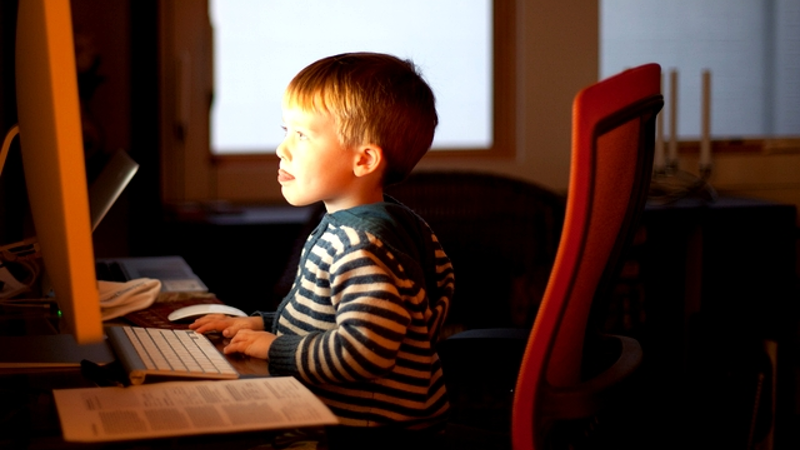
How to overcome the challenges and difficulties of parenting in a digital age
In reviewing the daily news stream it is impossible to miss the escalating frequency of incidents coming out of schools all across the country which relate directly to social media, texting, or apps used by kids.
Sexting, cyber-bullying, sextortion, and intimidation seem to be on the rise. Sexting, in particular, seems to be proliferating and is now surpassing cyber-bulling in frequency and intensity. Consequences for online misbehavior of children can range from embarrassment or shame up to criminal prosecution. Depending on which state you live in, consequences can vary widely. It seems schools and parents struggle to grapple with the realities of a general lack of effective policies, rules, or legislation to address these problems head on.

Apple Watch's potential profits are scary
Behind buying polls there are as many questions as answers, like: "How many people saying they will buy X, really will?" Oftentimes the number wanting something and actually getting it are usually much less than tallied results indicate. Considering those caveats, our Apple Watch buying poll nevertheless illuminates how the device could be hugely successful even from a small number of sales. I do mean big.
Among the more than 1,100 respondents, as I write, 19 say they will buy Apple Watch Edition, which price ranges from $10,000 to $17,000. Assuming they all purchase and do so on the cheap, the math is easy: $190,000. Another 482 people want either of the other two models (Sport and standard Apple Watch). for $216,618 calculated at base prices of $349 and $549, respectively. The closeness of these two total dollar figures, possible profit margins behind them, and differences per-customer profits are ghastly.

What could you buy for the price of Apple Watch?
As Apple Watch hype increases and the preorder date (April 10) approaches, a question gnaws me: Why would anyone spend so much money on the device? Our BetaNews buying poll now exceeds 1,000 responses, which is large enough sample-size to get some sense of the readership's intentions. Fourteen (2 percent) of you plan to buy the Edition model, which price ranges from $10,000 to $17,000. No disrespect, but talk about money to burn! Forty-five percent of respondents plan to purchase any Apple Watch, while another 5 percent of you are undecided.
So I wonder: What could you buy instead of Apple Watch? I intentionally single out the big spenders, settling on $13,000 as mean between $10K and $17K, being it's such a lucky number and Apple looks to make lots of luck—eh, money—from the smartwatch. Before continuing, an important reminder: Functionally, there is no difference between the cheapo timepiece ($349) and its massively-expensive sibling. The price difference is all bling.
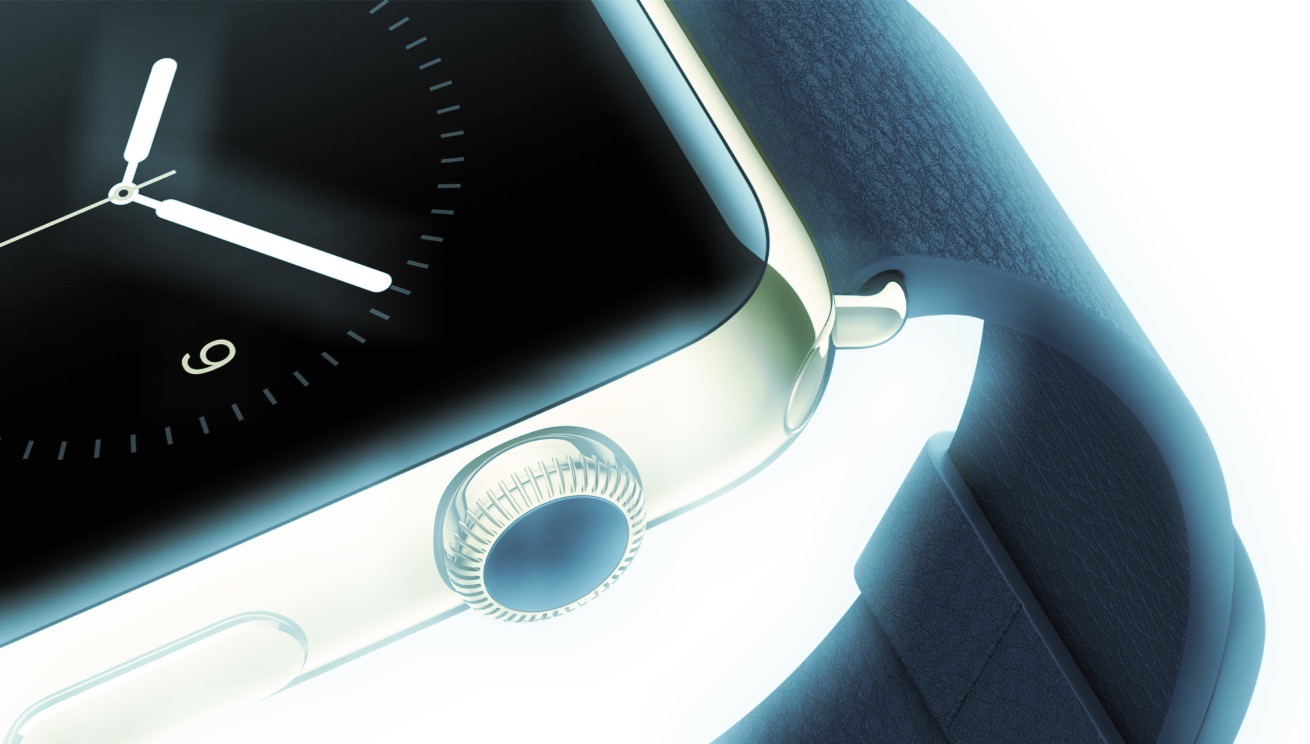
If you haven't taken our Apple Watch buying poll...
There is still time, and we need more responses to get a representative sample of BetaNews readers. The question is easy: Will you buy Apple Watch? Preorders begin April 10 and sales start on April 24. Prices range from $349—please excuse my spitting out coffee—to $17,000.
As I post, the majority of respondents, 46 percent, don't plan to buy any smartwatch. About that finding, I am not the least surprised, given limitations like battery life, smartphone tethering, and functional overlap. Twenty-four percent plan to buy another smartwatch, while 14 percent say no for other reasons. That works out to 84 percent in the No category. The remaining 16 percent is no smaller number, assuming intentions materialize into purchases, particularly considering how costly is Apple Watch.
